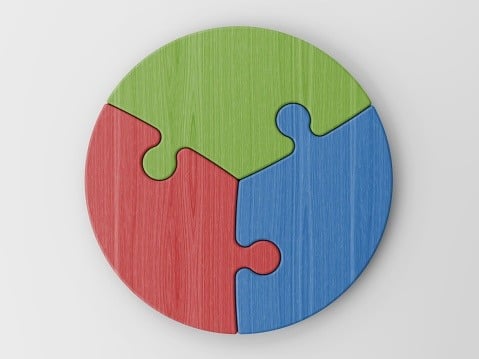 If you’re part of a homeowners association, you’ll find the following commonalities to be true just about anywhere you live in the country. It’s important to understand these ahead of time before becoming a resident in an association. While some people might find them controlling, they actually give members the opportunity to have a voice in their living community.
If you’re part of a homeowners association, you’ll find the following commonalities to be true just about anywhere you live in the country. It’s important to understand these ahead of time before becoming a resident in an association. While some people might find them controlling, they actually give members the opportunity to have a voice in their living community.
1. Membership is mandatory
Buying a home in a homeowners association automatically makes you an association member—by law. Membership in a common interest development is automatic with the ownership of a unit or lot.
Membership cannot be assigned, transferred, pledged, conveyed or alienated in any way except upon the sale or transfer of title. Under those conditions, the transfer of ownership is automatic and the new owner becomes the member upon recordation of the deed.
2. Governing documents are binding
Association governing documents can be compared to contracts. They specify the owner’s obligations (following the rules, paying assessments) and the association’s obligations (maintaining common areas, preserving home values).
3. There are consequences if you fail to pay assessments
Homeowners associations have a legal right to place a lien on your property if you don’t pay assessments. Members are responsible for the whole assessment amount; they cannot deduct a portion because they choose not to use recreational facilities or common areas.
Associations may also have broad services they provide to residents:
Community services - These can include maintaining a community website, orienting new owners or organizing social activities. The homeowners association via the board also has the obligation to maintain the common areas. Regardless of fault, damaged common areas must be repaired.
Governance services - Establishing and maintaining design review standards, enforcing rules and recruiting new volunteer leaders. The board of directors of the association is responsible for enforcing the rules through a violation and hearing policy. The HOA board can also act as a design review committee or can appoint a separate one.
Business services - Competitively bidding maintenance work, investing reserve funds responsibly, developing long-range plans and collecting assessments.
Your management company can assist the HOA board in all of these functions as well, preparing RFPs for maintenance and reserve work, finding the best rates for investing your reserve funds, working with your reserve specialist to establish a maintenance and funding plan as well as keeping your account receivables under control by enforcing your collection policy.
By delivering these services fairly and effectively, homeowners associations not only protect and enhance the value of individual homes, but they provide owners an opportunity to participate in decisions affecting their community and quality of life.

.jpg)








